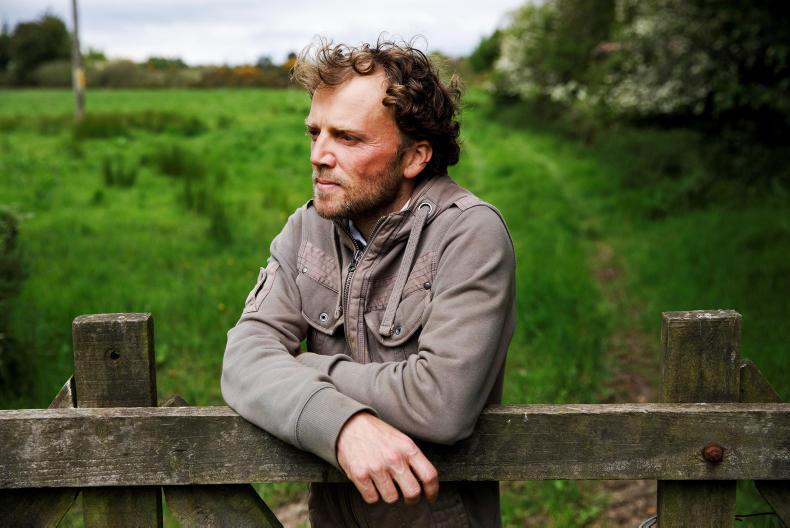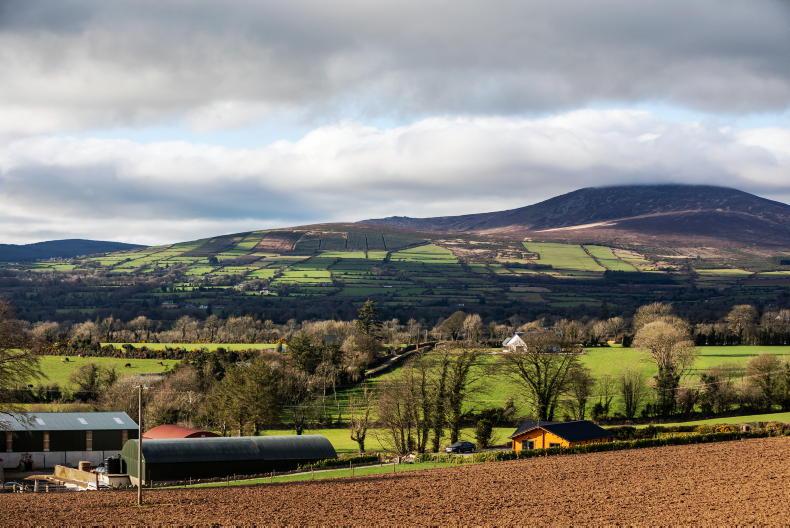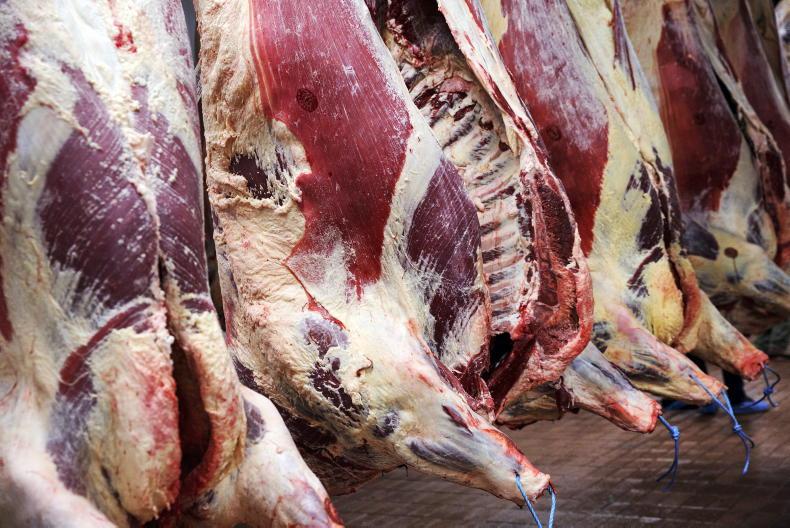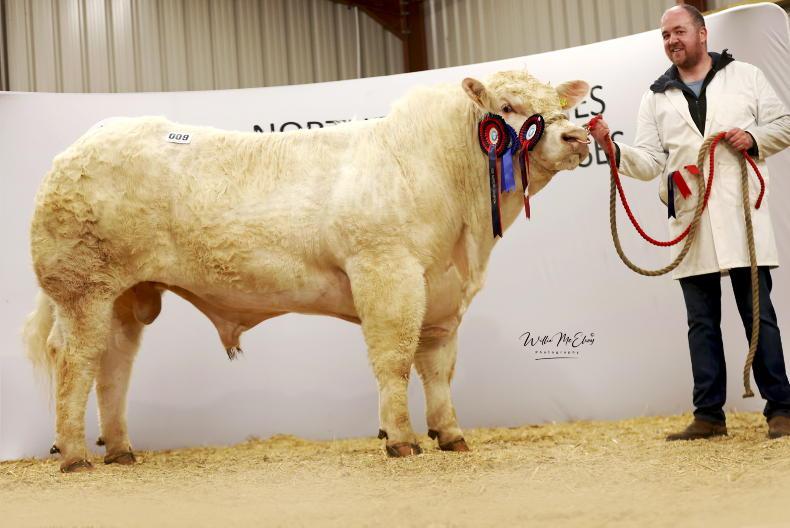Tell me how many cattle or sheep you have and I’ll tell you if you are a full-time farmer or not. One of my favourite parts of the Irish Farmers Journal, after the ‘Farmer Writes’ page obviously, is the ‘My Farming Week’ feature. It offers a personal insight into the operation of different farmers, the human side of real farming life that is often lacking in the more technical articles.
Among the details given will be the number of cows or ewes on the farm. You can immediately tell if they are a full-time farmer. While 50 milking cows might just about keep someone full-time, the same number of suckler cows usually implies an off-farm job. It is the same with sheep, where you can expect details about the farmer’s other job if there are less than 200 ewes.
While these numbers are general assumptions, and it is not the case for all farmers thankfully, the trend is very much that most farmers in Ireland today also work off-farm. The only question is whether this second job is full-time or part-time.
Cards on the table: I work off-farm three days a week with a software research group in Waterford Institute of Technology. And I farm the other eight days in the week. Sometimes, the balance works and I have the best of both worlds. Other times, I am neither here nor there, and the work is not done properly in either place. You end up rushing a job in the yard so you can get in front of the laptop screen for a Zoom call, hopefully only missing the first few minutes of it. I can only guess many farmers experience something similar, trying to balance off-farm commitments with on-farm work.
Such is life and we have to manage as best we can. As Seneca, the ancient Roman, said of hardships in life: “Why then are we offended? Why do we complain? This is what we’re here for.”
As we continue to produce vast amounts of commodities and already slim margins slide into the red, the number of farmers needing a third income will increase. Two incomes used to suffice; the market returned one and the envelope in the post delivered a supplement. But now, more and more of us need a third source of cash.
Indeed, will the full-time farmer become something of a rare breed, outside of dairy and tillage?
You would be forgiven for believing some lads think they should have rare breed status, given the way they shout about full-time farmers needing to be protected in the new CAP – as if anyone with an off-farm income had higher on-farm margins than they had.
But before we open that can of worms, we should first agree that terms like part-time, full-time, off-farm, etc are complex. There is a spectrum, like most things in life, ranging on one side from the farmers who work the land, all the way over to the smart boys who work the system.
The challenge is to help create structures that contain very few loopholes for these smart lads to squeeze through. Instead of jumping straight in and defining what a genuine farmer is, maybe a first step would be to describe what a genuine farmer is not. We all know a few examples of that and drawing up such a list might be less controversial than trying to nail down a genuine farmer category.








SHARING OPTIONS